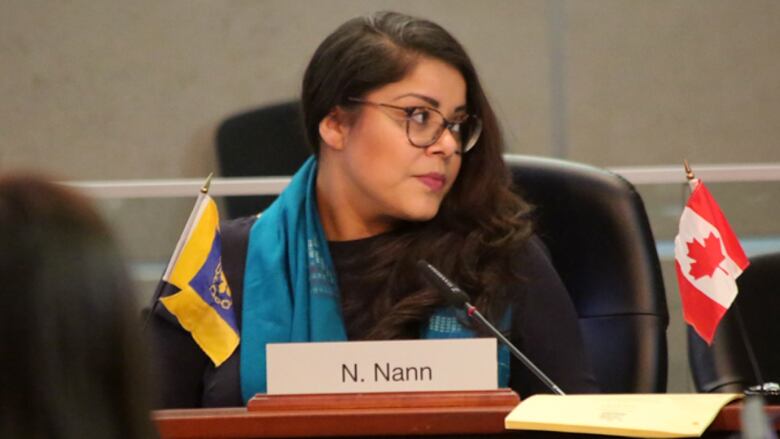City setting up committee and new guidelines to help homeless women
'This is not about a gender war'

Hamilton city council will set up a committee to look at homelessness among women and the transgender population, and is also looking at new rules for when it decides where to spend on housing.
City councillors voted Thursday, via council's emergency and community services committee, to set up a "gender and equity framework" to make sure the city is addressing the problem of women's homelessness.
They're also establishing a subcommittee to make sure the city is considering women and LGBTQ people when it spends money on housing. That subcommittee will talk to community agencies to learn more, then inform council at budget time.
The vote came after numerous agencies, including Good Shepherd and YWCA Hamilton, said women have unique challenges. They're also part of the "hidden homeless," the agencies said, meaning they're not captured in traditional surveys of homeless people.
A 2018 point-in-time count, for example, shows 32 per cent of people surveyed were women. Sara Mayo of the Social Planning and Research Council of Hamilton (SPRC), thinks that number is probably low.

While men are more likely to sleep on the streets, she said, women stay in unsafe situations, like with abusive partners or sexually aggressive landlords. So surveyors wouldn't encounter them.
Medora Uppal, director of operations with YWCA Hamilton, said this isn't about choosing one gender over the other.
"This is not about a gender war," she said. "We have men as part of our services, and we care for them as well."
Caring for men, she said, requires caring for them as boys, which means caring for their moms. Many homeless moms come with families in tow.
In fact, a 2016 point-in-time count shows that of the 145 women surveyed, 12 per cent were pregnant.
A 2018 SPRC report also says women are more likely to be physically disabled (26 per cent; 17 per cent for men), more likely to have been in foster care as a child, and more likely to stay in unsafe situations, such as returning to abusive partners.
While shelter space is tight for everyone, Chad Collins said it's particularly a problem with women's shelters. Collins is a Ward 5 (Centennial) councillor and CityHousing Hamilton president.
In 2016, the city spent $446,700 on hotel rooms to house families because there wasn't enough space in women's shelters. That's not a good way to spend money, Collins said.
Nrinder Nann, Ward 3 (lower city) councillor, moved the motion for the framework. Collins moved to establish the subcommittee.
Councillors had a few questions though.
Sam Merulla, Ward 4 (east end) councillor, said the city is already mindful of women and homelessness. He wanted more info on what the city is already doing. You can't move ahead, he said, without knowing where you're at.
"I feel like we may not have formally legislated it," he said, "but we've been doing that."

